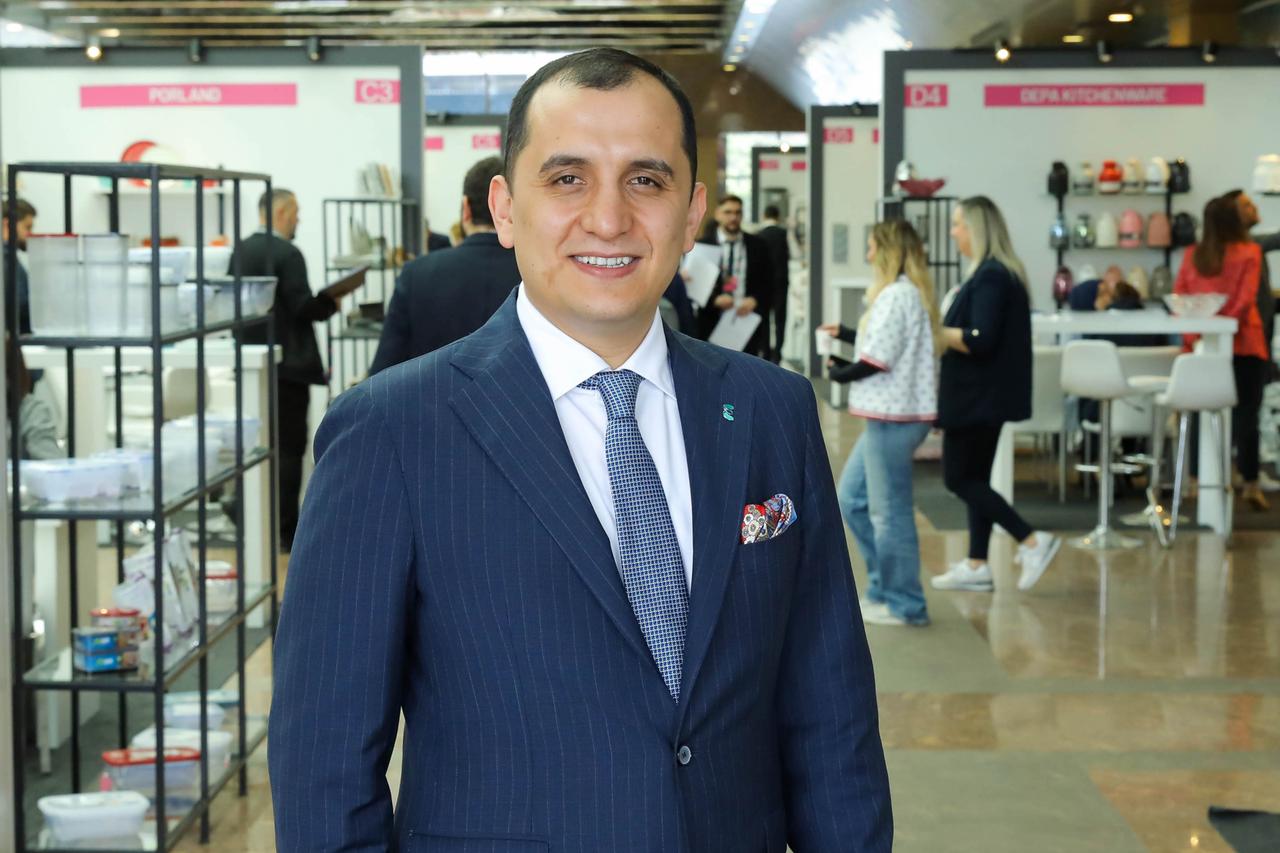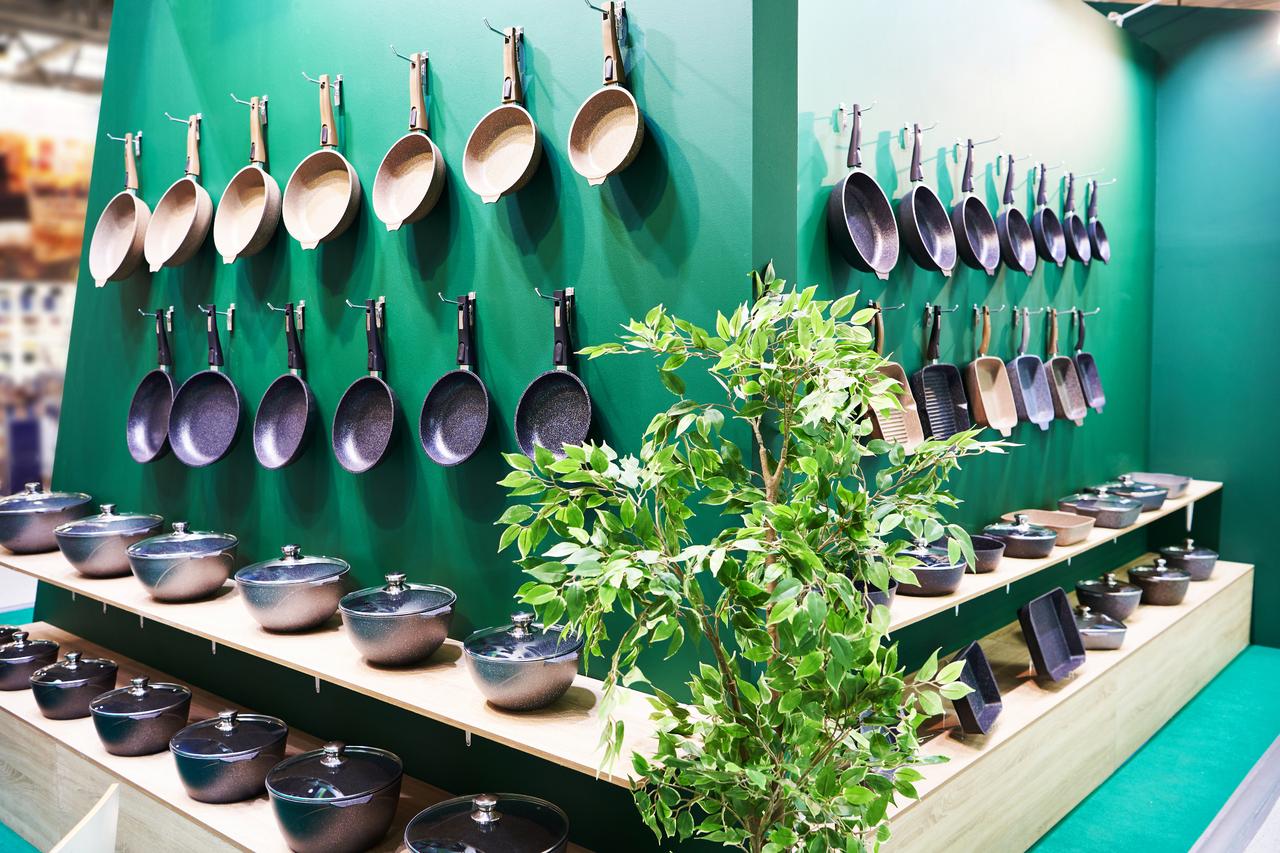
One of Türkiye’s leading export sectors with $3.5 billion in annual sales, the Turkish home and kitchenware industry is seeking government relief from raw material tariffs of up to 12% while reshaping strategy to prioritize profitability and expand into distant markets, sector leader Talha Ozger said.
Speaking on the sector’s performance, Ozger, who serves as the Chairman of the Turkish Housewares and Kitchenware Manufacturer and Exporter Association (EVSID), underscored that the industry has struggled with rising costs in recent years, particularly in imported raw materials such as stainless steel, aluminum, and plastics.
Emphasizing the sector’s heavy reliance on imported materials, Ozger argued that lifting the tariffs would ease the cost burden on the industry whose exports shrank by 3.1% to $1.75 billion in the January–July 2025 period.
Pointing to the high-interest environment in Türkiye and shifts in global trade as the main factors, Ozger said the sector is developing a new strategy to redefine its role in international markets, aiming to strengthen competitiveness by opening new markets and deepening its presence in existing ones.
Ozger said that EVSID is reframing its export strategy by moving away from geographical definitions of proximity. Ozger explained that countries once seen as "near markets" are now evaluated on profitability and manageability.
"For example, although Panama is geographically distant, it becomes a near market for us because it is manageable and provides profit. In contrast, some countries close to Türkiye are considered distant if they are not profitable," he said.
The association’s post-2026 strategy will therefore be built entirely on "profitable markets," with particular emphasis on Latin America where Turkish products compete effectively with Chinese suppliers.

To open new markets and maintain visibility abroad for introduction of this renewed approach with potential partners, the Turkish firms increased participation in international fairs during 2025, Ozger said. The sector was present at the Ambiente Fair in Germany in February, "The Inspired Home Show" in the United States in March, and the Canton Fair in China in April.
EVSID also organized its eighth "Invitation Only Istanbul" event in May, where 72 Turkish companies met with 160 buyers from 60 countries. In July, the “Invitation Only Latam” program brought 17 Turkish firms together with 47 buyers from 12 Latin American countries, including Panama, Chile, Colombia, and Guatemala. The meetings generated 456 business sessions, according to Ozger.
Looking ahead, preparations are under way for the 15th Antalya International Housewares Summit, organized jointly with the Istanbul Ferrous and Non-Ferrous Metals Exporters’ Association (IDDMIB) and the Turkish Housewares Association (ZUCDER), he added.
Ozger highlighted that the average unit export value of Turkish housewares is currently $4 per kilogram, with a goal to lift this to $5. He stressed that increasing export value is more important than boosting volume alone, since profitability remains low under current conditions.
While incentives exist for design activities in Türkiye, he said they are not practical for smaller firms that cannot employ in-house designers. Instead, he proposed more targeted support for design companies that create original products for export.
"Real success is to increase the export unit value from $4 to $5. Profitability is the main issue, and this difference can only be created through design and innovative products," Ozger said.